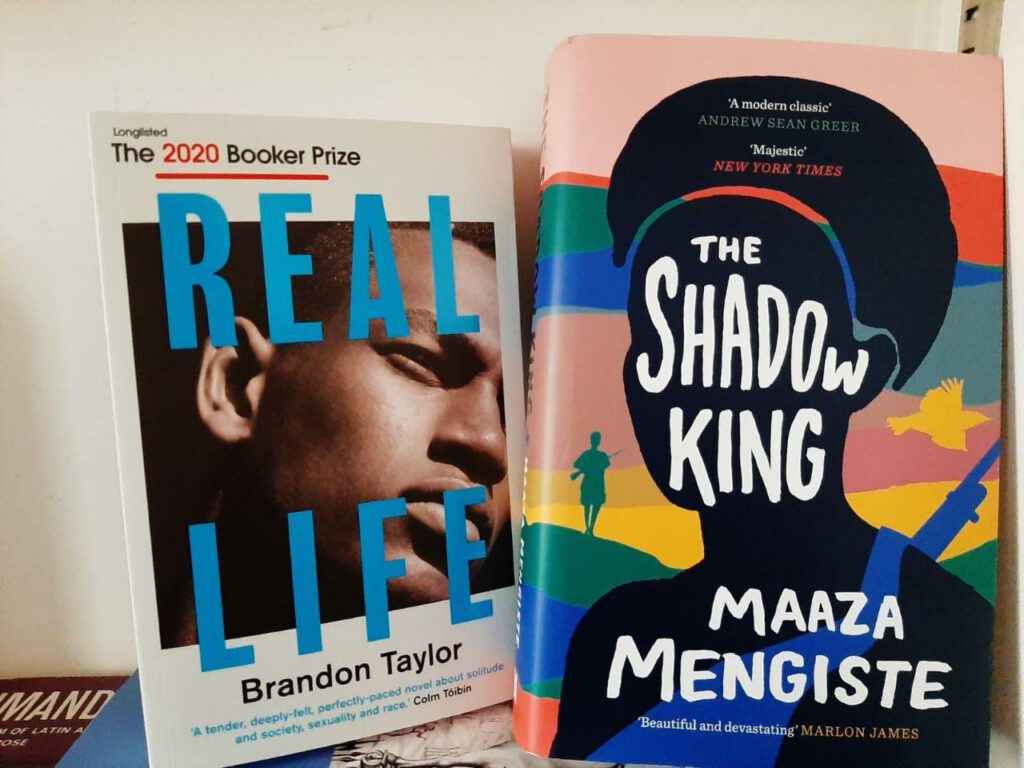As I was reading, a few weeks ago, the names in the Booker Prize 2020 shortlist, I was caught by a fleeting yet well-defined thought: how depressing can it be to make a comparison between this shortlist and those of the most prestigious Italian prizes for fiction?

The answer is quite simple: very depressing. Not because the literary quality of those English novels which ended up being finalists for the Booker Prize is necessarily higher than the quality those written in Italian and selected by the committees of the Strega and Campiello prizes– I haven’t read them all, I wouldn’t know how to judge – but for the disturbing dominance, in Italian prizes, of the writing phenotype of the “white male”.
Italy saw some mild turbulence in the debate on this topic, when Valeria Parrella, the only woman in the Strega shortlist, reacted in an understandably resented way, when, during her interview on the award ceremony, had to sadly realise that a debate on the relationship between the #MeToo movement and literature would happen between two men: “e lei ne vuole parlare con Augias? Auguri!” (“and you want to discuss that with Augias [editor’s note: a man]? Good luck!”, said Parrella to the journalist, manifesting a resentment which would be easily shared by many female writers, or simply many women.
Valeria Parrella’s resentment deserves to be charged with further significance if we look at the names of the finalists in the three abovementioned prizes.
For the Strega, all six writer were white and five out of six were men. The longlist was not more encouraging, if we think that besides Valeria Parrella, there were only two more women, Marta Barone e Silvia Ballestra. For the Campiello, the situation was quite similar: once again, all writers were white, and only one was a woman. Moreover, she was not even a novelist. We are talking about Patrizia Cavalli, an undoubtedly illustrious author, but in truth a poet attempting to turn to prose only now, at a later stage of her career, almost as a form of self-celebration. The Booker Prize, instead, among its six finalists, presents four people of colour of which only one is a man. The longlist was equally widely populated with talented women.
If about racial issues, someone might be naive and object that in Italy most writers are in fact white, on gender issues Italy seems to have no excuses. Contemporary Italian fiction has a panorama abounding in women, with a long- or short-lived career. Female writers with talent and original ideas.
The problem seems to occur with similar practices also in other realities of continental Europe: in France, the Goncourt prize has currently only four women out of fifteen in the longlist.
It appears that anglophone prizes, on the contrary, have decided to invest on the principles of diversity and inclusivity, making sure that their selection mirrors the actuality of the society literature represents. The choices of the Booker committee are well matched with those of the American National Book Award, whose longlist is extremely variegated both in terms of genders and of writers’ cultural backgrounds. Needless to remind that the Pulitzer prize for fiction this year was assigned for the second time to Colson Whitehead, a black writer.
It’s easy to brand these choices as banal and comfortable publicity moves. It is undeniable that they are political choices, but their necessity in undeniable in this historical moment. They act as signals, as messages aimed at a mentality change, which is not only desirable but also compelling. They are signals that must arrive from those who hold the power in publishing and media in general. Signals that other countries, like Italy, persists to give only in a fictitious form, relegating them to a surface level, when to a the duty and the honour to debate female literature is given to a man, in the reassuring certainty that the problem of being politically correct can now be filed, and that we can finally go back – without too many subtleties – to awarding the prize to a male writer.


